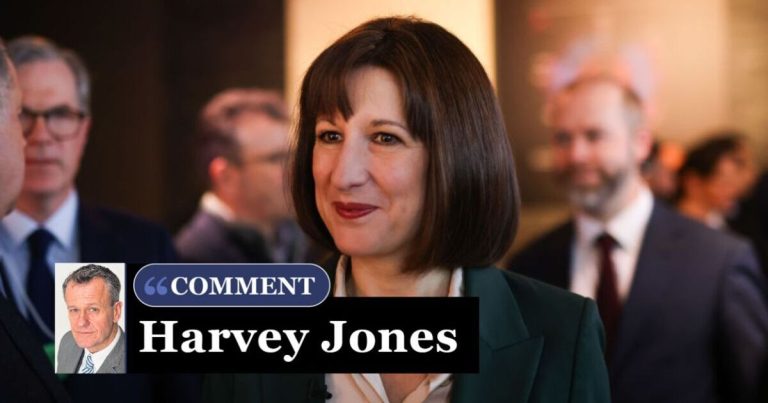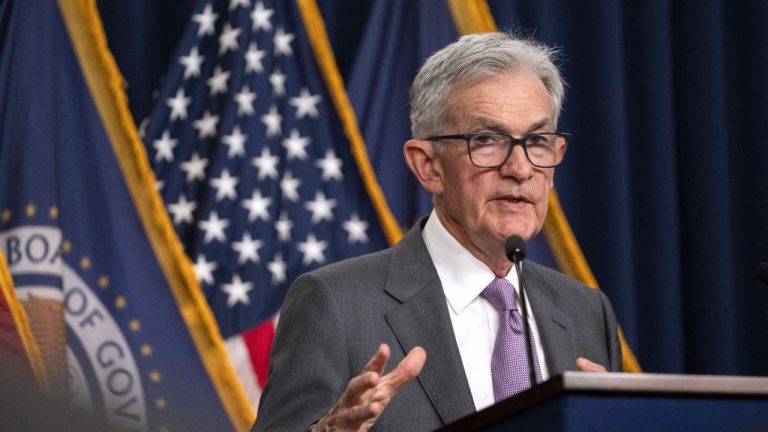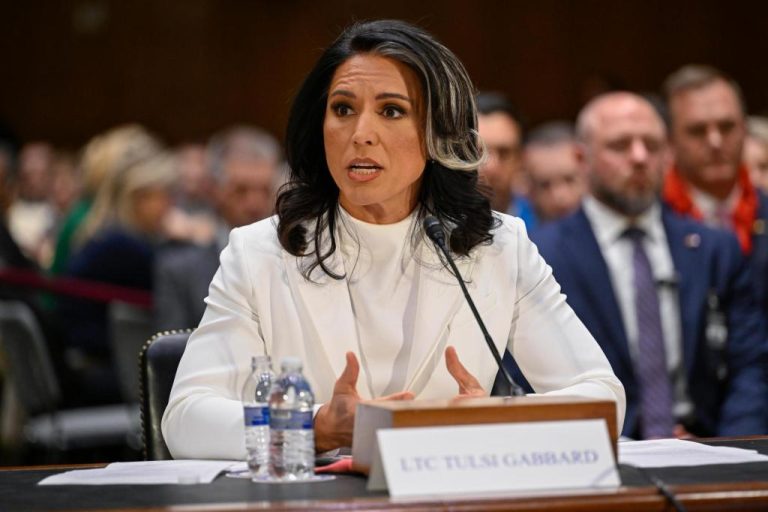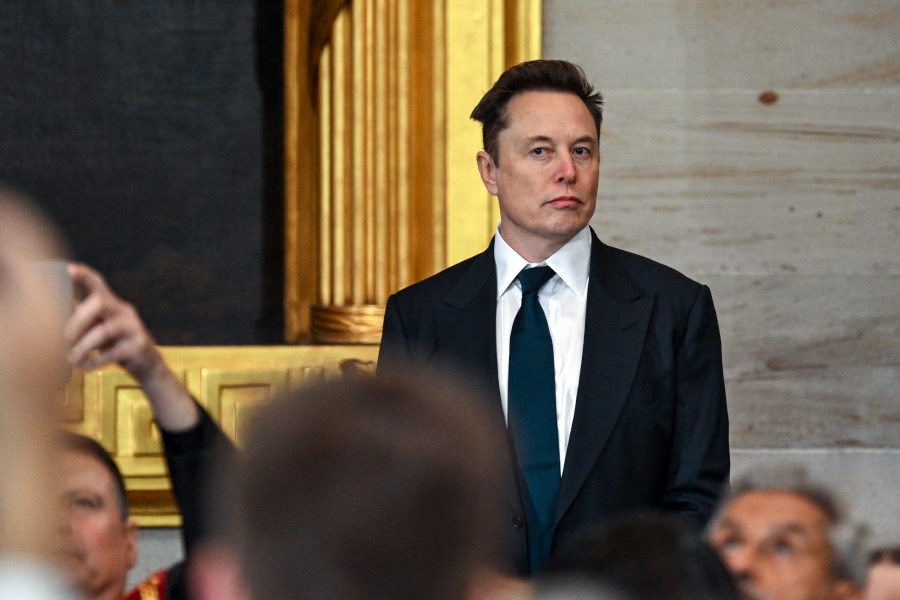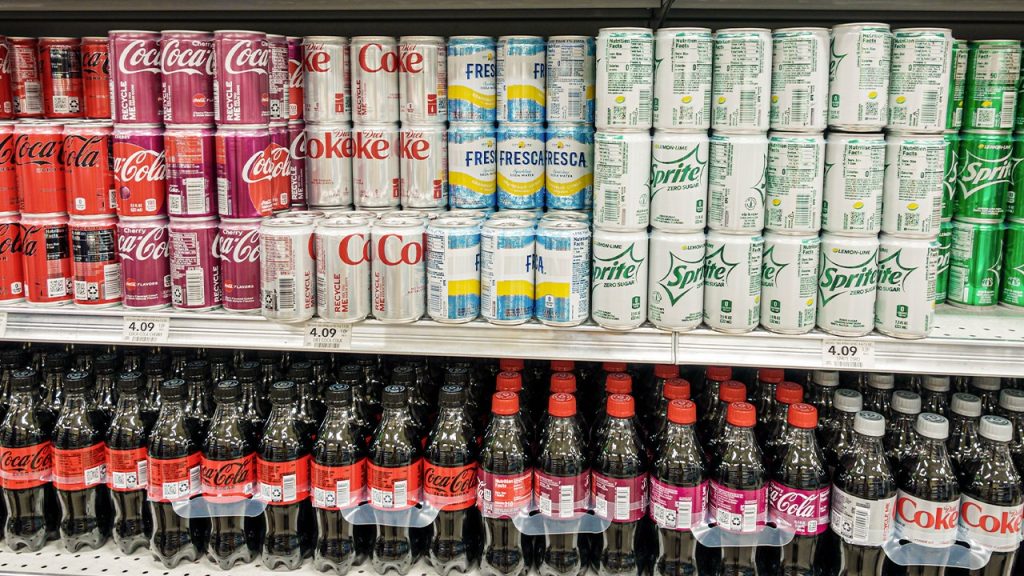
O’Leary Ventures Chairman Kevin O’Leary shares whether he’s concerned about President Donald Trump’s tariffs on steel and aluminum, the fate of the U.S. penny and the handling of the TikTok sale.
President Donald Trump might feel the impact of one of his own tariff policies, as his beloved Diet Coke could soon be much harder to get in a can. During an earnings call, Coca-Cola CEO James Quincey said the company may have to put more “emphasis” on plastic bottles in the wake of President Trump’s 25% tariff on aluminum imports.
“If one package suffers some increase in input costs, we continue to have other packaging offerings that will allow us to compete in the affordability space,” Quincey said. “For example, if aluminum cans become more expensive, we can put more emphasis on PET [plastic] bottles, et cetera.”
Quincey also emphasized the importance of not “exaggerating the impact” of the tariffs on the “total system,” according to CBS News. He admitted that the price increase as a result of the tariffs was not “insignificant,” but said it would not “radically change” the business and that packaging is “only a small component.”
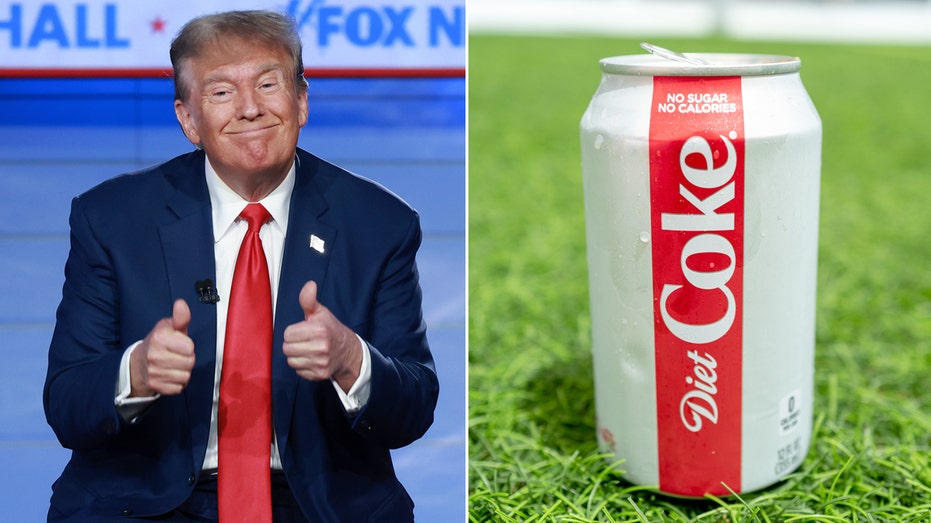
Left: Then-Republican presidential candidate former President Donald Trump participates in a Fox News Town Hall on January 10, 2024, in Des Moines, Iowa; Right: Can of Diet Coke from Coca-Cola on artificial grass surface outdoors, San Ramon, Californ (Left: Joe Raedle/Getty Images; Right: Smith Collection/Gado/Getty Images)
WHAT’S HAPPENING WITH TRUMP’S TARIFFS ON CHINA, CANADA AND MEXICO?
Approximately half of all aluminum used in the U.S. is imported, with most of it coming from Canada, Reuters reported. Coca-Cola imports its aluminum cans from Canada and would face increased costs if President Trump’s tariff goes into effect on March 12, 2025.
Canadian businesses have already felt the impact of President Trump’s tariffs, as some U.S. clients have already moved to cancel their orders, according to Canadian Broadcasting Corporation (CBC). However, after visiting Washington, D.C., Canada’s Minister of Innovation, Science and Industry, François-Philippe Champagne, told CBC that he believes Americans will push back against the president’s tariffs.
“I think they’re starting to realize how impactful this could be and how damaging it could be to America,” Champagne told CBC. “If you say no to Canada, you’re going to basically have to say yes to China or Russia. I don’t think that’s where you want to be in terms of critical supply chains that are essential for the defense of North America.”
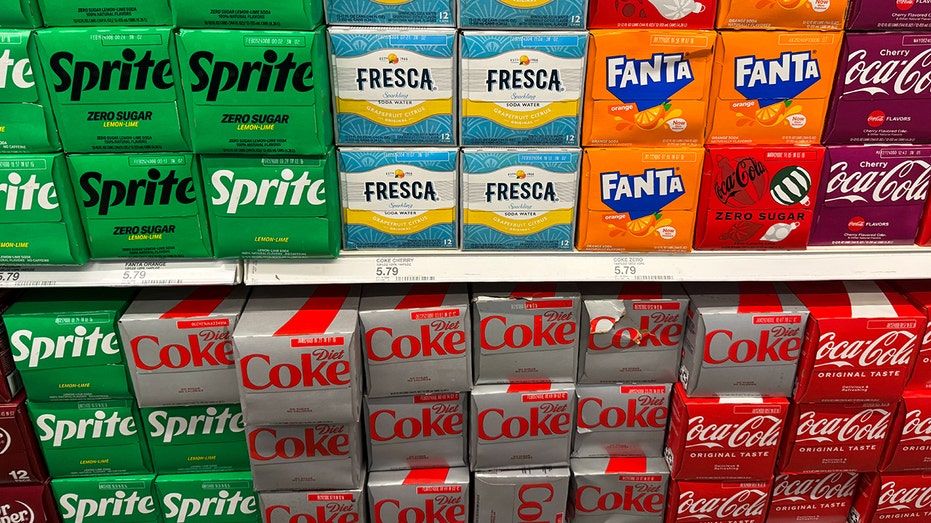
Soda packaging is seen in a grocery store in Las Vegas, Nevada on Nov. 17, 2023. ( Jakub Porzycki/NurPhoto via Getty Images / Getty Images)
HOW TRUMP’S TARIFFS CLOSED THE LOOPHOLE USED BY CHINESE RETAILERS
President Trump’s executive order, “Adjusting Imports of Steel into The United States,” states that the goal of the tariff is to increase U.S. aluminum production. Upon signing the order, the president said the nation needs aluminum to be made in America, and “not in foreign lands.”
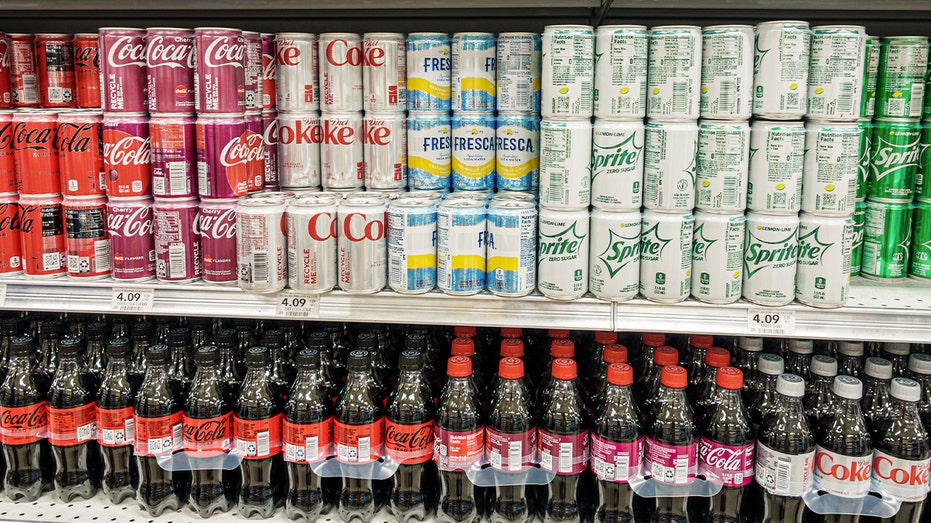
Miami Beach, Florida, Publix grocery store, a variety of Coca-Cola products. (Jeffrey Greenberg/Universal Images Group via Getty Images / Getty Images)
GET FOX BUSINESS ON THE GO BY CLICKING HERE
“President Trump is taking action to protect America’s critical steel and aluminum industries, which have been harmed by unfair trade practices and global excess capacity,” the White House wrote in a fact sheet on the president’s proclamation.
In February 2025, President Trump and Canadian Prime Minister Justin Trudeau announced a one-month delay in proposed tariffs. This led to an agreement from Trudeau to increase security along the U.S.-Canada border, something President Trump discussed in his campaign. The order delaying the tariffs noted that President Trump could implement them before the agreed upon date if Canada failed to take “sufficient steps” to alleviate the flow of illegal migrants and illicit drugs.


